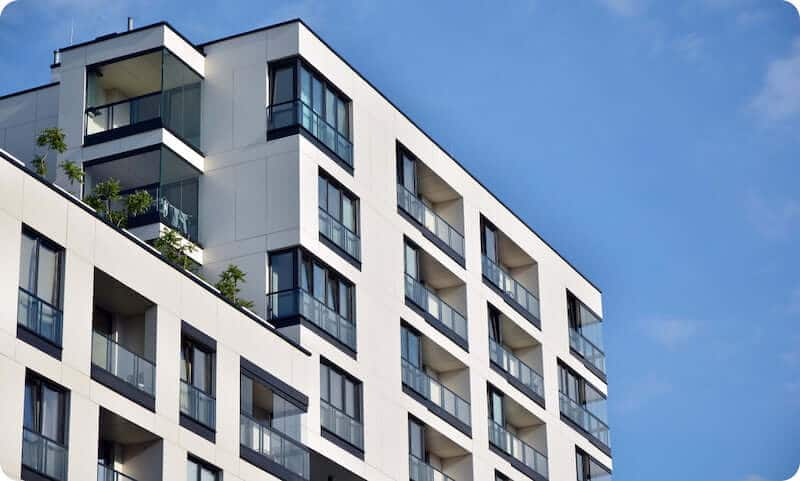Navigating the Complex Terrain of Compliance Guidelines for Network Security in Multi-Unit Units to Guarantee Resident Security and Data Safeguarding
Wiki Article
In the current society, many people reside in multi-dwelling buildings, including apartment buildings and condo communities. Such places frequently utilize common networks for online and other services. Although this setup can be convenient, it also brings up significant questions about system safety and compliance requirements. Guaranteeing the safety of tenants and protecting their information is essential. This article will examine the intricate environment of regulatory standards for system safety in multi-unit buildings, emphasizing how these guidelines assist maintain tenants secure and secure.
One of the primary compliance standards that apply to network security is the EU Data Privacy Act (GDPR). This law is intended to protect personal information and privacy for persons within the EU Community. While it primarily pertains to businesses operating in Europe, its principles can affect procedures in different regions as also. For multi-dwelling units, adhering to GDPR means establishing strong information safeguarding measures. This includes ensuring that tenants' personal information is collected, kept, and processed securely. By following these standards, property managers can assist build confidence with residents and guarantee their data is protected from unauthorized access.

A further important guideline is the Healthcare Insurance Portability and Responsibility Act (HIPAA), which safeguards confidential healthcare information in the medical industry. In multi-unit units, especially those that offer medical services or have residents with particular medical needs, compliance with HIPAA is crucial. This means that any medical information collected from tenants must be maintained confidential and protected. Building managers must ensure that their system systems are designed to prevent information leaks and illicit intrusion. By taking these steps, they not only comply with legal requirements but also foster a secure living environment for all tenants.
In addition to GDPR and HIPAA, the Credit Card Payment Industry Data Protection Guidelines (PCI DSS) is a further critical regulatory review guideline. This guideline is particularly relevant for multi-dwelling buildings that accept credit card transactions for lease or amenities. PCI DSS specifies security measures that must be in place to safeguard customer information. This entails encrypting sensitive data and regularly reviewing system safety. By adhering to PCI DSS guidelines, property managers can minimize the risk of data leaks and protect residents' monetary data, which is vital for maintaining their trust and safety.
Ultimately, it is crucial for multi-unit buildings to remain updated on local and national laws regarding system security. Regulations and guidelines can evolve, and staying informed is crucial for compliance. Property managers should regularly assess their safety policies and procedures to make sure they meet up-to-date requirements. This proactive approach not only helps in maintaining compliance but also improves the general safety of the system. By focusing on tenant security and information protection, multi-dwelling units can create a secure residential space that encourages confidence and reassurance among tenants.
To summarize, traversing the intricate environment of regulatory guidelines for system safety in multi-dwelling units is crucial for ensuring resident safety and data safeguarding. By comprehending and applying guidelines like GDPR, HIPAA, and PCI DSS, building administrators can establish a safe space for their tenants. Remaining updated about regional laws and frequently assessing safety protocols further enhances this commitment to safety. Ultimately, a robust emphasis on compliance not only protects tenants but also fosters a feeling of belonging and trust within multi-dwelling buildings.